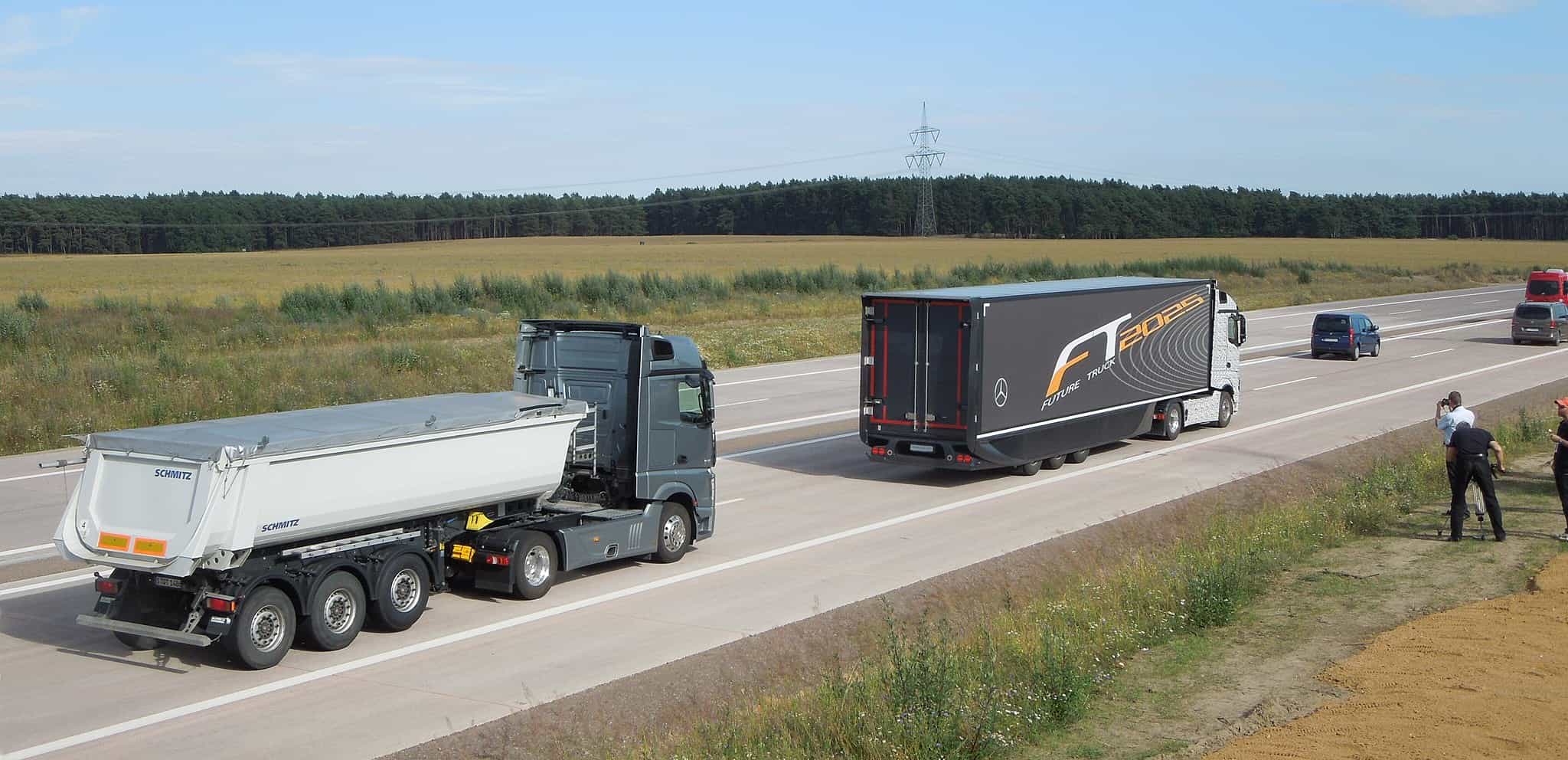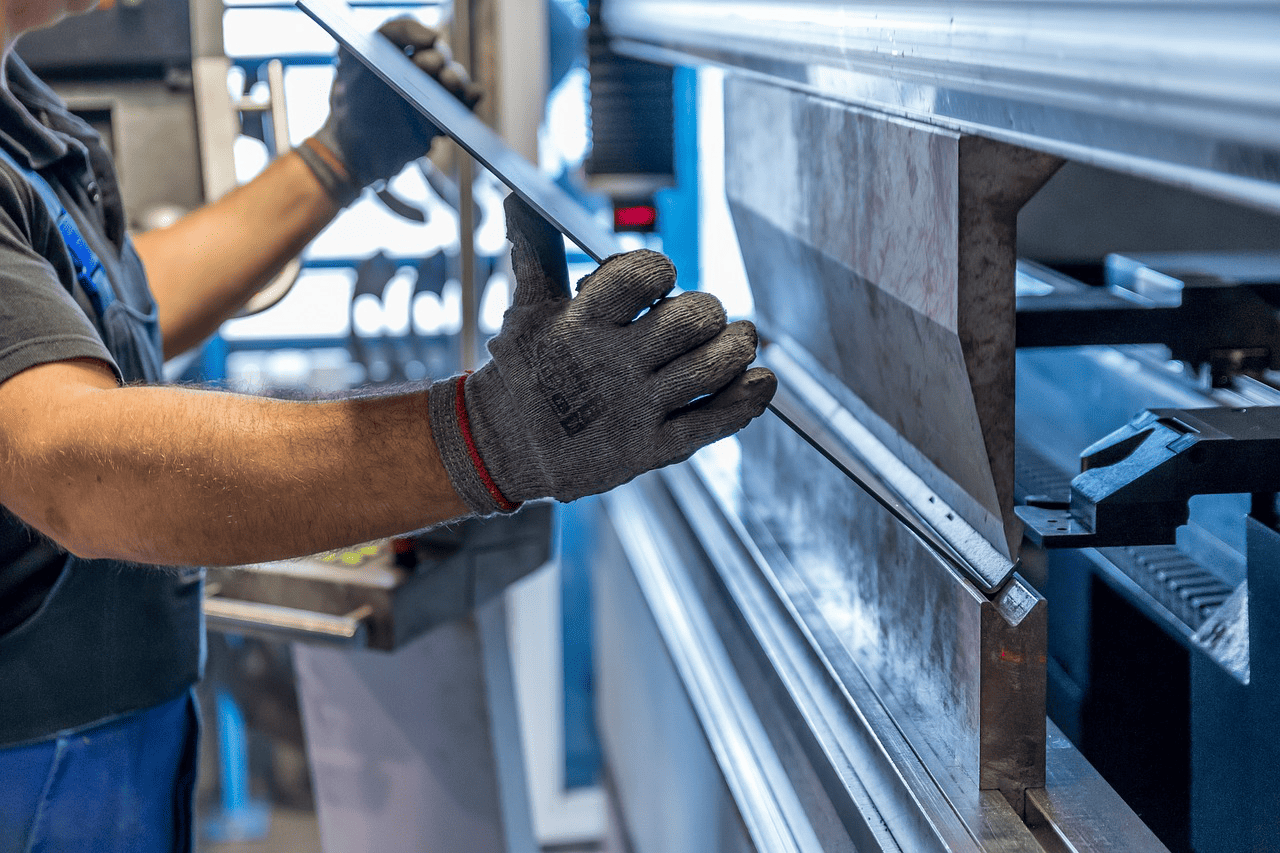
About Sensible 4
- Founders: Harri Santamala, Jari Saarinen, Jussi Suomela and Tommi Rimpiläinen
- Founded in: 2017
- Employees: 80
- Money raised: -
- Ultimate goal: the automation of heavy-duty vehicles within industrial environments
Whoever thinks about the smart cities of tomorrow, thinks about electric, shared vehicles that don’t accommodate a human driver. Autonomous vehicles have the advantage of, amongst others, reducing the number of accidents, being more sustainable and increasing traffic efficiency. Sensible 4 is a Finnish deep-tech start-up that develops vehicle automation solutions for the most demanding environments and conditions. In this instalment of Start-up of the day, CEO and co-founder Harri Santamala tells about how the company is doing.
Infobox: About the technology
In 2022, Sensible 4 released its autonomous driving platform, DAWN™. The platform enables any vehicle to operate autonomously at Level 4. Combining information from multiple sensors (sensor fusion) – the technology enables smooth and safe autonomous driving in all weather (rain, snow, wind) and tough environmental conditions (sand, dust, mud). This unique ability has led the company to focus on automation in tough industrial environments – such as factories, shipping terminals, mills, plants, logistics yards, and quarries – where automation must thrive in all weather and all conditions.
How did you come to establish Sensible 4?
“I have been working in the automotive industry all my professional life. I’ve co-founded a few start-ups before, for example eDrive Retro. This company converts classic cars, like Rolls-Royce, into modern EV’s. Half of the world thinks we are doing something unholy with this, the other half really likes the idea.
The automotive industry never really attracted me because of the driving experience. For me it’s more about engineering and building the best possible products that the world needs. There are a lot of issues when it comes to transportation. Think for example about sustainability and safety. With Sensible 4, I want to change that.”

Who are your customers?
“We collaborate with vehicle manufacturers. Recently, we announced cooperation with UD Trucks, a member of Isuzu Group. This company produces five percent of all the trucks globally. They use our software to automate a heavy-duty vehicle at a closed industrial site in Japan. This is a good example of the type of collaboration we seek for. They know how to make the hardware, we focus on the software.”
What has been your biggest milestone so far?
“I am proud of the fact that we made our company a success without any prior saving or investments. We grew by means of bootstrapping: first we developed a demo, then a pilot and now we are collaborating with high-end customers. As far as I am aware, we are the only successful company focused on software for autonomous driving that exists today.”
What is your main challenge at the moment?
“It is a challenge to work in a post-hype environment. Years ago, the world had huge expectations of self-driving technologies and a lot of money was poured into the industry. But till date, there is little to show to investors other than PowerPoint slides and demo’s. The industry, investors, and perhaps most importantly – the end customers – need to see solutions that are technologically and commercially viable in 2023-2024.
We have great experience in carrying out multiple autonomous driving projects around the world. Far from being simple, these projects have taken place on the open road, in mixed traffic, and often in extreme weather conditions. Since 2021, we’ve applied this valuable experience and expertise to the industrial segment, where we are able to provide pioneering automation solutions for today’s customers. From the perspective of commercial viability – the industrial segment represents a totally different opportunity to the open road. So we focus on “simple” use cases that are ready to implement today, to show the world what is possible.”
How much time will it take before self-driving transportation is the standard?
“Universal autonomy is still really far away. But as the technology matures, more complex use cases develop all over the world. I am a happy owner of a Tesla and their autopilot system is functioning really well. More and more modern vehicles have good driver assistant functionalities. Gradually, the world will change by means of self-driving technology.”
What plans do you have in store for upcoming years?
“I hope that we can announce some new collaborations with partners similar to UD Trucks this year, so that our company will become profitable in the short term. At the same time, we will focus on developing new features for our software that will make self-driving vehicles even safer and more efficient.”
We do not believe the path to universal autonomy is linear or straightforward. There are numerous factors to consider, such as technological capabilities, legislation, and stakeholder demand, before autonomous vehicles become the norm. Societies and businesses must prepare for autonomous driving, both technologically and commercially. Our journey began on the open roads of Espoo, Finland, and has led us to the closed industrial sites of Japan.
The development of our future roadmap will be heavily influenced by our partners. We are committed to forging strong partnerships and working closely with our partners to collaboratively develop our future roadmap.”









